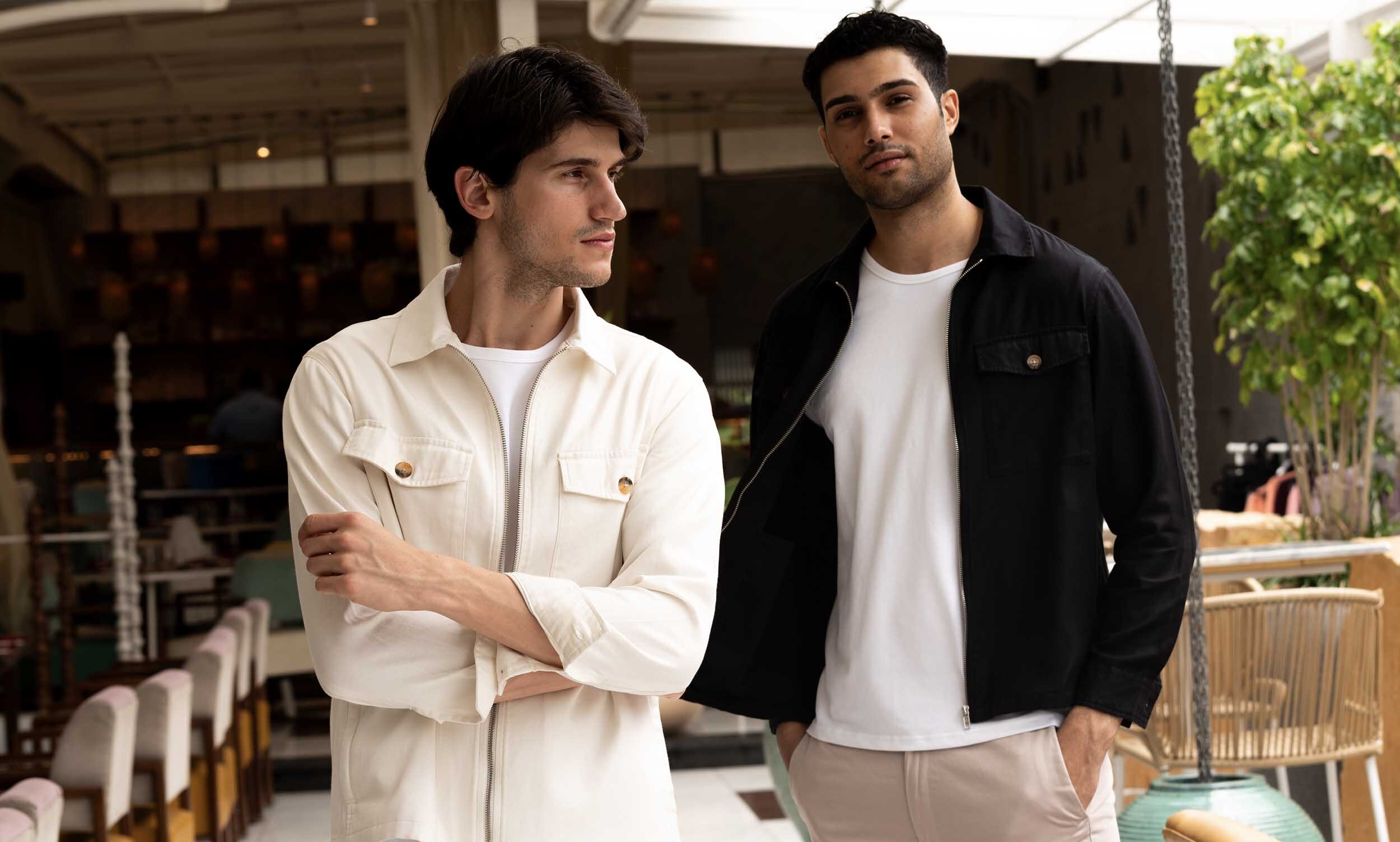The retailer is gearing up to open three retail stores this fiscal, across Bengaluru, Hyderabad, and Mumbai
Bengaluru-based menswear brand Aristobrat is planning to venture into the offline market in this fiscal year (FY), five years after its inception as an online direct-to-consumer (D2C) brand, a top company official told IndiaRetailing.
“We will open three stores this fiscal year,” said Karan Singh, founder and chief executive officer of Aristobrat. “The first will be in Bengaluru, our home base. The second will be in Hyderabad, due to the high average order value we see from that city. The third will be in Mumbai, where we experience significant sales volume,” he added.
These will be standalone stores on high streets, he shared.
Founded in 2019, Aristobrat became profitable in its second year of operation. The brand has demonstrated a year-over-year (YoY) growth rate of 140% and is forecasting an additional 100% growth for the current FY.
“We ended FY 2024 with approximately Rs 15 crore in revenue and an earnings before interest, taxes, depreciation, and amortisation (EBITDA) margin of about 17%,” Singh added. “This FY, we are aiming to double that revenue. In the next two to three years, our target is to touch a revenue of approximately Rs 50-60 crore.”
Aristobrat offers a range of products including shirts, t-shirts, trousers, shackets, and boxers, with prices starting from Rs 2,500 and up. About 70% of its merchandise remains consistent throughout the year, while 30% of the products are updated.

The company aims to position itself as an affordable luxury brand. “We sell the same quality products as certain luxury brands, made by the same manufacturers, but at one-third of the typical price,” he added.
The retailer is experiencing strong demand from Hyderabad, Mumbai, Chandigarh, and Punjab, as well as interest from other non-metros.
“Tier two and beyond cities often have less accessibility, which can lead to higher disposable incomes. Additionally, social media and digital exposure have made people in smaller cities more fashion-conscious and eager to try new brands,” he said.
The D2C brand also has plans to enter the global market in the next financial year. “Our products are in high demand in UAE, Canada, and Saudi Arabia. After solidifying our presence in India, we plan to explore global expansion,” Singh added.
Currently, the brand collaborates with shipping partners for international orders. Global consumers interested in the brand’s products can contact the company directly. They provide a list of desired items, and the brand sends a payment link before shipping the products.
Four months ago, Aristobrat began offering its products on the fashion e-commerce platform Myntra.
“We normally avoid mass marketplaces because our brand focuses on a curated selection of 50 to 60 styles at any given time,” said Singh. “On larger platforms filled with thousands of options, our brand could easily get lost. However, Myntra assured us it could effectively convey our brand story, and so far, the partnership has been going well.”
In the next two years, the company plans to expand into more luxury online marketplaces, such as TataCLiQ Luxury and Ajio Luxe.
The retailer has a customer base of 1.5 lakh, with a repeat customer rate of 41%. “We aim to grow our customer base by 30% to 40% each year,” he added.


